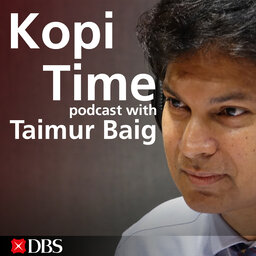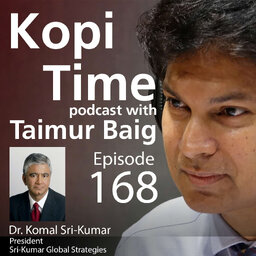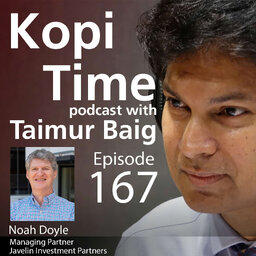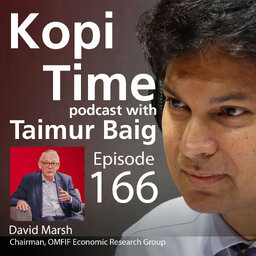Kopi Time E106 - Prof Aurobindo Ghosh on inflation expectations and cost of living in Singapore
Aurobindo Ghosh, Assistant Professor of Finance at the Lee Kong Chian School of Business, Singapore Management University, joins Kopi Time to talk about his longstanding research on inflation expectations and cost of living. He explains the decade-plus work, done in conjunction with the Monetary Authority of Singapore and DBS Bank, to gauge inflation expectations among Singapore’s residents. Over the long term, survey results have held steady, reflecting well anchored inflation expectations, but they have been volatile in recent years, in line with global developments. How is the survey conducted; what methodological challenges do they throw up; what are the key insights from all these years’ of surveys; is there a difference between inflation expectations and cost of living perceptions? What are the policy implications? Prof Ghosh addresses all this and more on this topic of the moment.
 DBS Economics & Strategy
DBS Economics & Strategy


